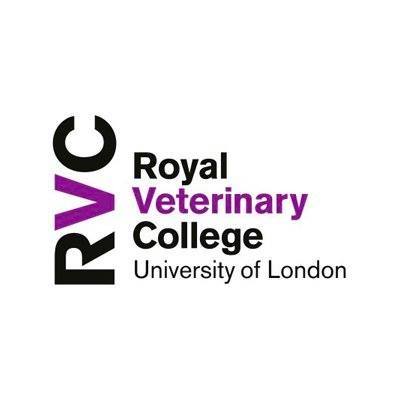×
{{phone.Value}}
1000+
successful admissions
94%
of students enter the university of their choice
4400+
students consult Education Index when applying for universites




